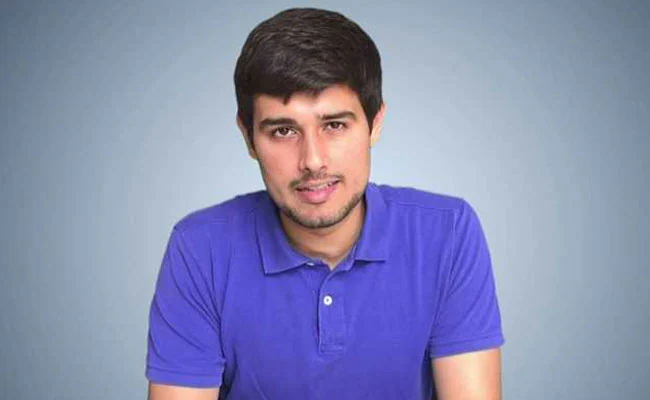A Defamation Suit Against Dhruv Rathee
A legal battle is brewing in New Delhi as the Saket Court issues a summons to popular YouTuber Dhruv Rathee and others. The summons comes as part of a defamation suit filed by Suresh Karamshi Nakhua, a spokesperson for the BJP’s Mumbai unit. The suit accuses Rathee of defamatory remarks, alleging that he referred to Nakhua as a “violent and abusive troll.”
Table of Contents
The Allegations: A Video and Its Implications
On July 19, 2024, District Judge Gunjan Gupta passed an order summoning Dhruv Rathee and certain social media intermediaries to appear in court on August 6, 2024. The legal proceedings were initiated following a video uploaded by Rathee on his YouTube channel on July 7, 2024. The video, titled “My Reply to Godi Youtubers | Elvish Yadav | Dhruv Rathee,” has amassed over 24 million views and garnered more than 2.3 million likes, with these numbers continually rising.
In the video, Rathee allegedly made statements claiming that Prime Minister Narendra Modi had hosted individuals such as Ankit Jain, Suresh Karamshi Nakhua, and Tajinder Bagga at his official residence, describing them as “violent and abusive trolls.” Nakhua contends that these accusations were baseless and designed to defame him.
The Plaintiff’s Stand: Damage to Reputation and Image
Suresh Karamshi Nakhua’s lawsuit emphasizes that the statements made by Dhruv Rathee have caused significant damage to his reputation. Nakhua argues that the video portrayed him in a negative light without justification, potentially leading viewers to believe that he engages in abusive behavior. The lawsuit asserts that such portrayal diminishes Nakhua’s standing among the public.
The plaintiff further claims that the video, described as highly provocative and incendiary, has spread across various digital platforms, amplifying the alleged defamation. Nakhua’s legal representatives, Advocates Raghav Awasthi and Mukesh Sharma, argue that the video contains bold and unsubstantiated accusations. They assert that the video’s intent was to unjustly link Nakhua to violent and abusive activities, which has caused irreparable harm to his personal and professional life.
The Impact: Public Perception and Professional Consequences
The fallout from the video has reportedly been severe, with widespread condemnation and ridicule directed at Nakhua. The plaintiff’s suit contends that these false allegations have not only tarnished his personal reputation but also impacted his professional standing. The video has allegedly subjected Nakhua to public scorn and criticism, damaging his credibility as a public figure and political spokesperson.
Legal Proceedings and Implications
The summons issued by the Saket Court signifies the commencement of a formal legal process, where Dhruv Rathee and the involved social media platforms will be required to respond to the allegations. The court’s involvement under Order 39 Rules 1 and 2 of the Code of Civil Procedure indicates that the case may explore the possibility of granting a temporary injunction to prevent further dissemination of the video or similar content.
This case highlights the increasing scrutiny and legal ramifications surrounding online content, particularly in the realm of social media and digital platforms. The outcome of this case could set a precedent for how defamation claims involving online personalities and platforms are handled in the future.
Conclusion: The Broader Context
The defamation suit against Dhruv Rathee underscores the growing tensions between public figures and content creators in the digital age. As platforms like YouTube become influential sources of information and opinion, the responsibility of content creators to avoid defamatory statements becomes crucial. This case serves as a reminder of the potential consequences of online content and the importance of maintaining accuracy and integrity in public communications.
As the legal proceedings unfold, they will not only determine the resolution of this specific dispute but also contribute to the broader conversation on free speech, accountability, and the boundaries of expression in the digital era.
